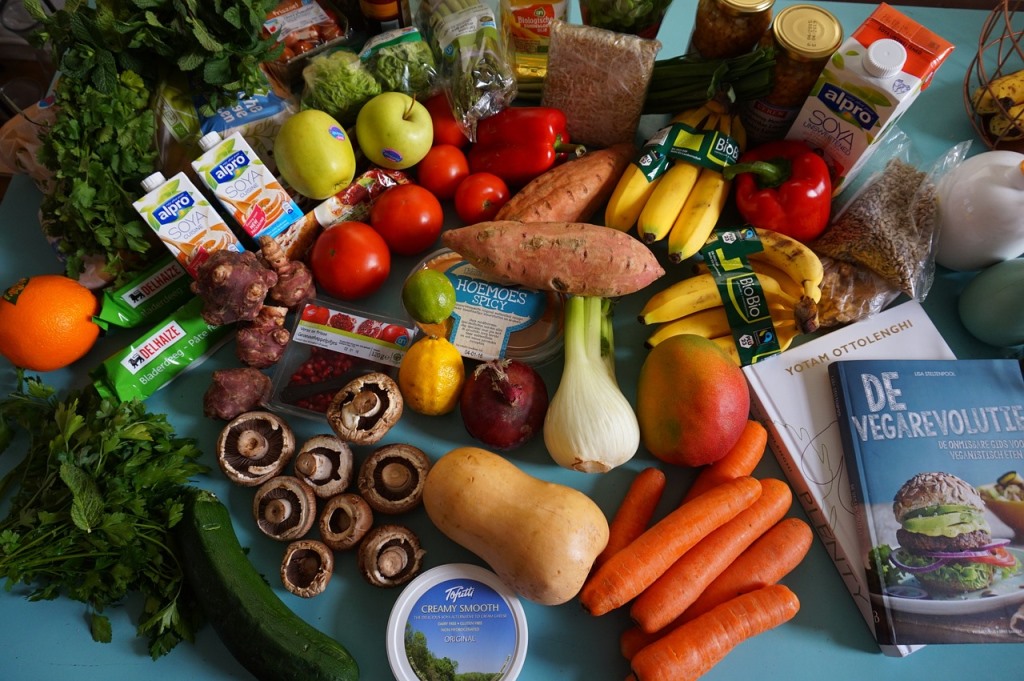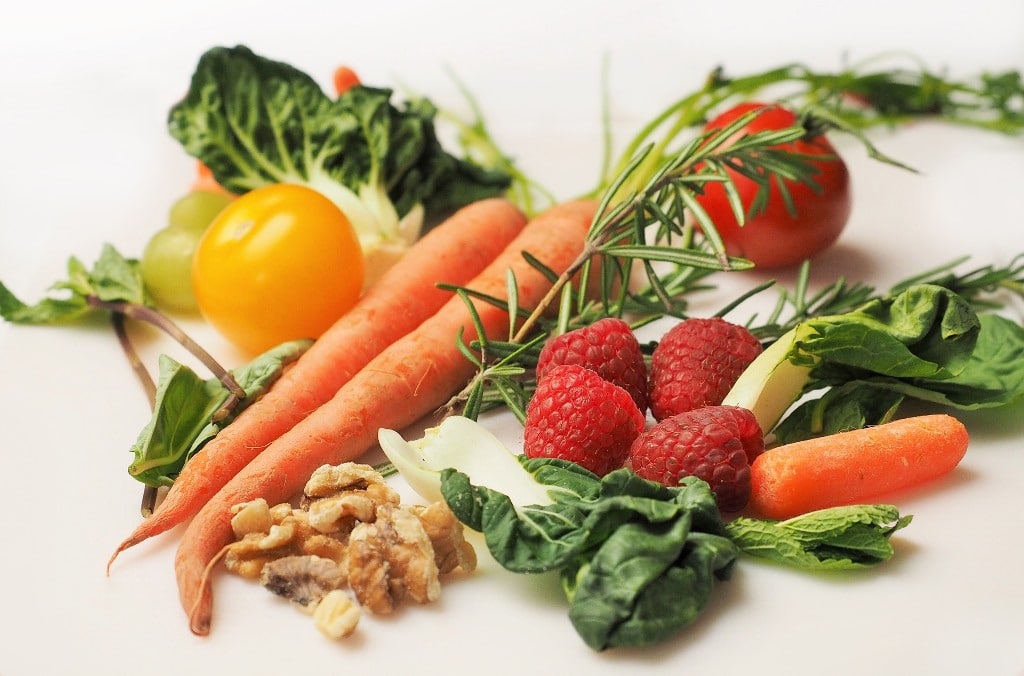What we need to eat for optimal health and well-being
Almost 2,500 years ago, Hippocrates, the founder of modern medicine, wrote: “Let food be your medicine and medicine be your food.” In accordance with his saying, Hippocrates recommended people to eat foods rich in various nutrients. The fact that we are all aware today is that there are several great advantages of enjoying fresh natural food vs processed food.
Following a healthy diet helps prevent and treat a number of health problems, such as high blood pressure and diabetes. Despite this, not everyone has the ability to maintain this habit, either by carrying out their daily activities or by the lack of information. The good news is that eating well and properly is easier than you think. For this, it is important to take some time out of your day to plan your choices and learn important concepts like the difference between fresh natural food and processed foods.
The type of processing determines the nutrient profile and flavor of the food. In general, the more processed they are, the lower their nutritional value and the greater the amount of harmful substances to health. Ultra-processed foods tend to have high levels of sodium and sugar, which can cause diseases like hypertension and diabetes.

Fresh natural food vs. processed food: what are their differences and how to identify them
In a world that is increasingly industrialized and penetrated by technology, it is common to encounter numerous processed foods. With the advancement of the same technology, industries are increasingly betting on processed foods, i.e., foods made with the addition of substances based on preservatives, colorants, stabilizers and other ingredients that give flavor to foods, in order to make them more durable.
Your body constantly takes care of the normal blood pH, which must be 7.36. Processed, low-quality foods are acidifying your body and accelerating the development of various diseases. Alkaline food (which contains a lot of plant food that detoxifies the body) helps to restore cells and slow age-related processes.
So that we know exactly what are the differences between natural and processed foods, below is a detailed analysis:
Natural food reduces the risk of developing diseases
According to the Pan American Health Organization (PAHO) and the World Health Organization (WHO), natural foods are those to which no component has been added, that is, they have not been industrially mixed with salt, sugar, fats or other components and have not received industrial treatment.
We can identify them because they are perishable in the short term, that is, they have a short lifespan, and after a few days, they begin to change. In addition, many of them are only edible after receiving a cooking process in our homes. Within this group of foods are fresh fruits and vegetables, tubers, legumes, seeds, nuts, meats, seafood, and eggs.
Along with natural foods, we can identify minimally processed foods, to which no ingredients have been added but they have received minimal processing that does not alter their nature. For example, they are washed, pasteurized, cleaned, frozen, sterilized, and fermented without producing alcohol or packaging. These latter foods are easier to store and are preserved for longer periods, but they are also foods and not products. Within this group, we can find yogurt, milk, dairy products, frozen or packaged vegetables and the like.

Processed food causes chronic lack of essential nutrients and the toxicity of the body
These are foods that receive industrial processing during which the nature of the original food is changed by adding fat, salt, sugar, additives, or other components. Also, processed foods are those that have been subjected to different procedures for their conservation or durability, while altering their natural state. Many others are prepared to be cooked in a fast way, adding different artificial chemicals (flavorings, dyes, preservatives, etc.).
These products are found in the supermarket, some canned, packaged or bottled. Some examples of these include boxed cereals, margarine, cookies, instant soups, refined sugar, microwave food, sausages, chips, juices, and so on. These foods usually contain high amounts of sugar, fat, and sodium which are high-risk factors for cardiovascular disease, diabetes, obesity and some cancers among many other health problems.
Foods high in sugar can have devastating effects on metabolism, causing problems such as insulin resistance, increased triglycerides, cholesterol, and weight gain due to fat accumulation. Studies have shown that foods processed with high amounts of sugars can change the biochemistry of the brain, thus causing an addiction. Products that contain refined oils of seeds and vegetables have been hydrogenated (trans fats), and this usually causes oxidation and inflammation in the body, significantly increasing the risk of cardiovascular diseases.
In all, processed foods contain a high amount of sodium (salt), which causes serious health problems such as high blood pressure, cardiovascular and kidney problems.

Furthermore, there are many harmful ingredients in processed foods. Some of these include:
- Monosodium glutamate (MSG): This includes salt used to enhance the flavor of food. It’s usually found in fast food, instant soups, canned broths, frozen salty products, Chinese food, etc.
- Potassium bromate: This is an additive that is used to texture cakes, bread, and other products.
- High fructose corn syrup: This is one of the most dangerous substances to health, and which has been linked to insulin resistance, dental caries, and obesity problems.
- Acrylamide: This is used in foods that have been subjected to high temperatures (fried or baked foods).
- Nitrates or Sodium Nitrite: Usually used for the preservation of meats (ham and similar).
The list of chemicals added to processed food is endless, and each one has harmful effects on our health to a lesser or greater degree.
Also, chemically processed foods are very harmful to health, for this reason, it is important that we become aware and take the time to learn to identify the nutritional values, as well as how to identify the ingredients that are toxic in these products before making the decision to ingest them.
Final thoughts: Fresh natural food vs. processed food
Food is very important for development and growth, especially for children. As a result, we ought to consume natural foods more often, preparing several delicious dishes with more vegetables, fruits, fish, etc.
Unfortunately, nowadays, the easy access to fast food and the high availability of processed products in the market have been replacing the natural way of feeding, affecting our health in a gradual and alarming way. The higher the level of processing, the worse the nutritional content of the food or products. Therefore, the latter are those that should be avoided in a diet while the basis of a healthy diet should be composed of natural or minimally processed foods.
Variety and moderation are as well important parts of any diet, and while some processed foods can be part of a healthy eating plan, it’s best to make whole fruits, vegetables and other natural foods a priority when choosing what to eat.
